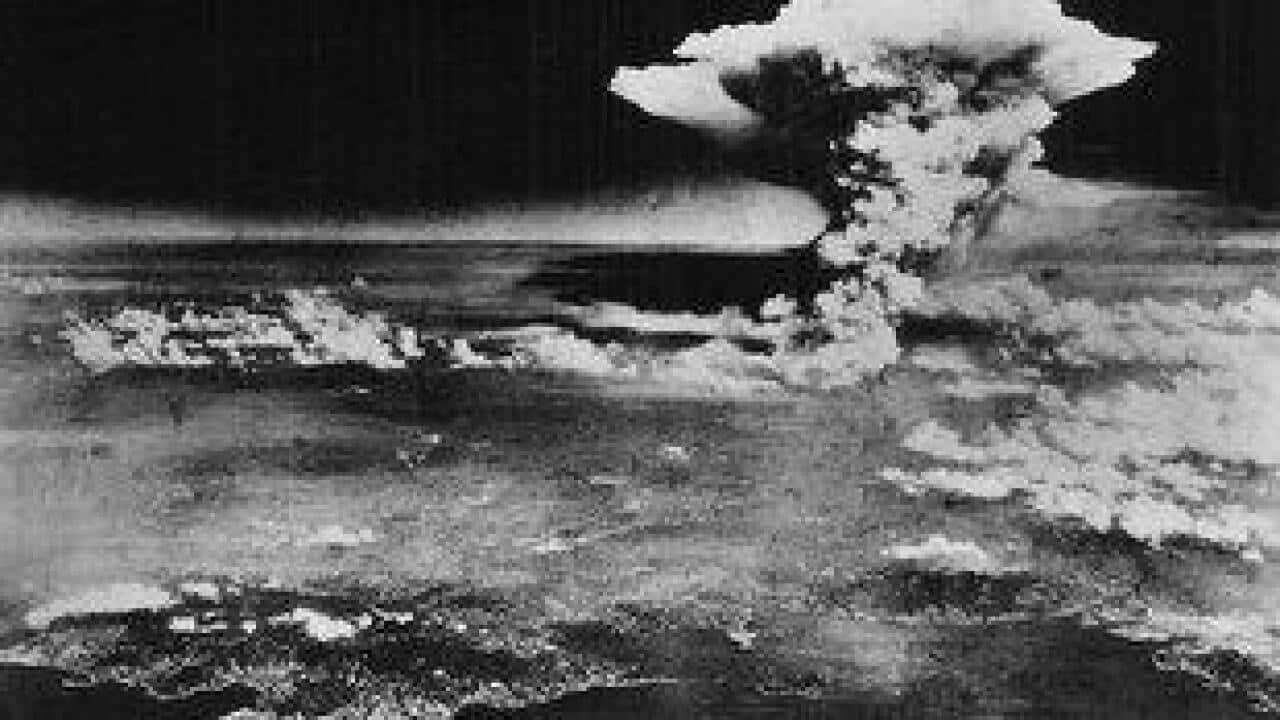It was August the 6th, 1945, when United States President Harry Truman would announce to the world the Japanese city of Hiroshima had been levelled by a new type of weapon.
"A short time ago, an American airplane dropped one bomb on Hiroshima and destroyed its usefulness to the enemy. That bomb has more power than 20,000 tonnes of TNT," he announced in a televised recording. "The Japanese began the war from the air at Pearl Harbour. They have been repaid manyfold."
Between 60,000 and 80,000 people died instantly.
Junko Morimoto remembers it well.
"I still dream of my home town, Hiroshima, even now, as in my childhood," she says.
Junko now resides in Sydney, but was a young schoolgirl in Japan at the time of the bombing.
Her memories of that day and that grief have been recalled in her illustrated children's book, My Hiroshima.
Published almost 30 years ago, if it sounds familiar, you may have had it read to you, or perhaps have read it to your children.
It tells of her own young, happy life in Hiroshima and her family, of a Japan at war.
And it tells of the day Junko looked up and saw the U-S plane in the sky.
"Hiroshima had never really been attacked or bombed, but, that morning, I saw a fighter plane, a B29, flying over the sky," she says. "I was looking at the plane and saying to myself, 'That's a B-29.' At that moment, I was surrounded by an indescribable brightness and a tearing sound. I realised that something had been dropped from that plane. That was followed by a thundering noise, and everything around me grew dark. That's when I thought, 'I'm going to die.'"
The Enola Gay bomber had dropped Little Boy - a bomb more than 2,000 times as powerful as the largest bomb used to date.
Junko's family home was just 1.7 kilometres from the bomb's hypo-centre. She had stayed home from school sick that day - all 360 of her schoolmates perished.
Incredibly, her whole family was spared.
"Yes, everybody survived. And I think it was a miracle."
Junko says survivors' memories, and the enduring fallout, are the strongest reminders for younger generations.
Seventy years on, the Hiroshima bombing still claims lives -- victims' names are added each year to a memorial at ground zero.
There are now more than 290,000 names.
"Somehow, I don't think the world has learned," Junko says. "We all know what atomic bombs and radiation do to people, but it's still happening, even more now. We humans are quite foolish."

